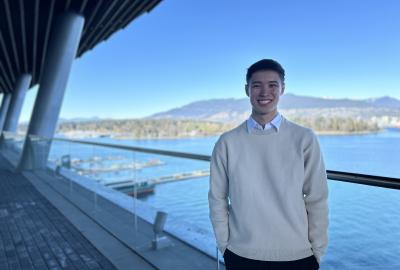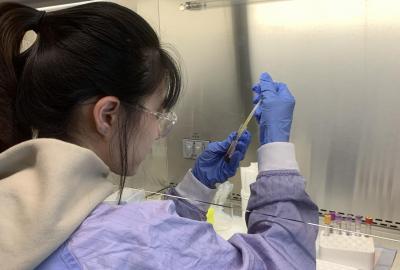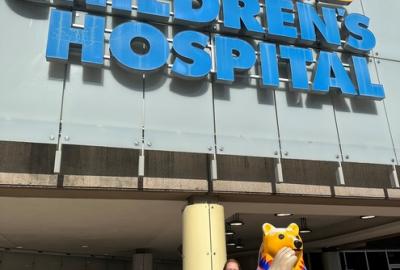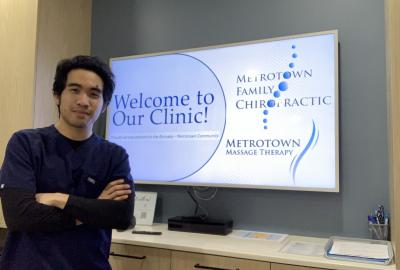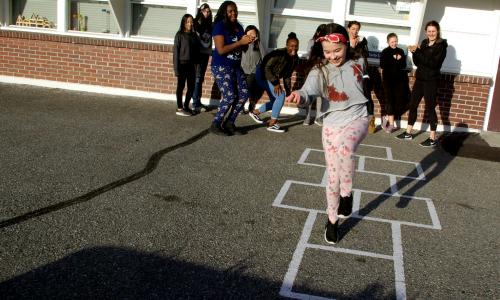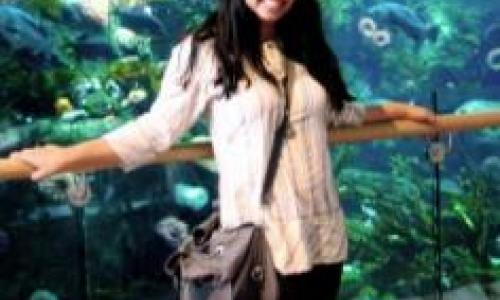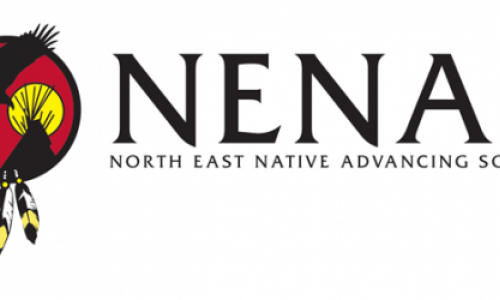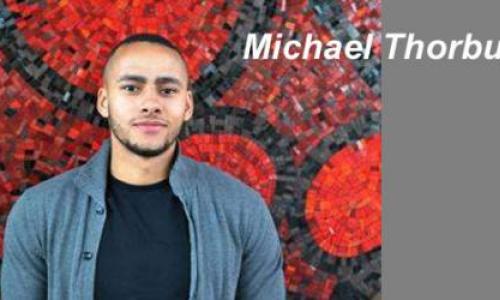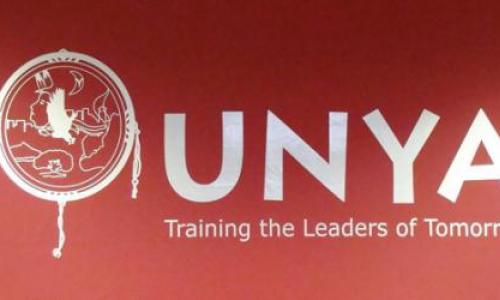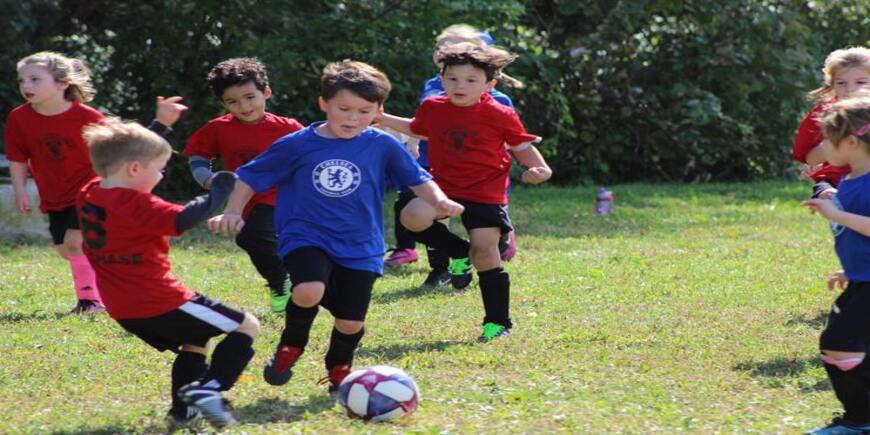
The Police Athletic League was initiated by the Vancouver Police Department in 2006. Its purpose is to develop a healthy rapport between youth and police officers, as well as to prevent them from becoming involved with criminal activities. This is done through engaging youth through recreational, athletic and educational programs.
Some of the programs include basketball tournaments, soccer schools, and anti-bullying workshops. There is no fee to attend any of the programs or events.
Since I am a kinesiology student, I may be slightly biased about the benefits of being physically active and involved in recreational activities. But if you are physically active you generally know the positive effects that come from breaking a sweat: it improves mood and develops self-esteem. Moreover, being a part of a team or club encourages social development.
The PAL is opened to all youth; however, there is a focus on kids who come from lower socioeconomic statuses or more vulnerable backgrounds. As mentioned earlier, one of the great things about PAL is that it is free of cost. It’s worth mentioning that even the costs for things like juice boxes, snacks and public transportation are covered. For those of us who haven’t experienced financial burdens, it’s easy to underestimate the value of these items.
And it is exactly for all these reasons that programs like PAL play an integral role in our community. It paves the way for individual development, keeps youth engaged, and provides positive role models.
Beyond the Blog
-
To find out more information on PAL and how you can get involved, check out their website: Vancouver Police Athletic League.




